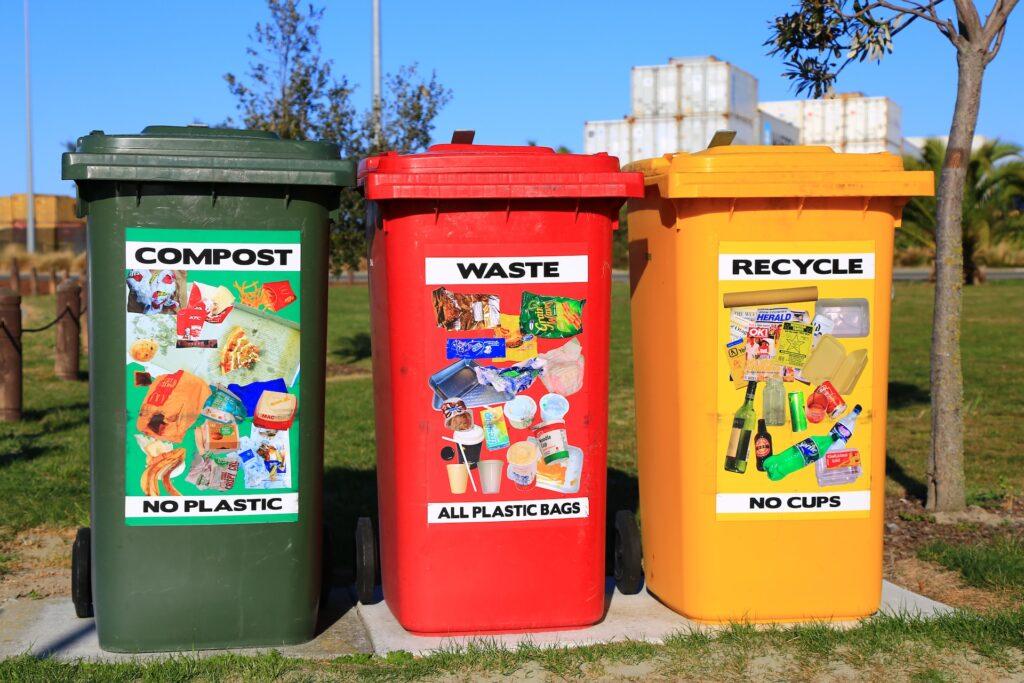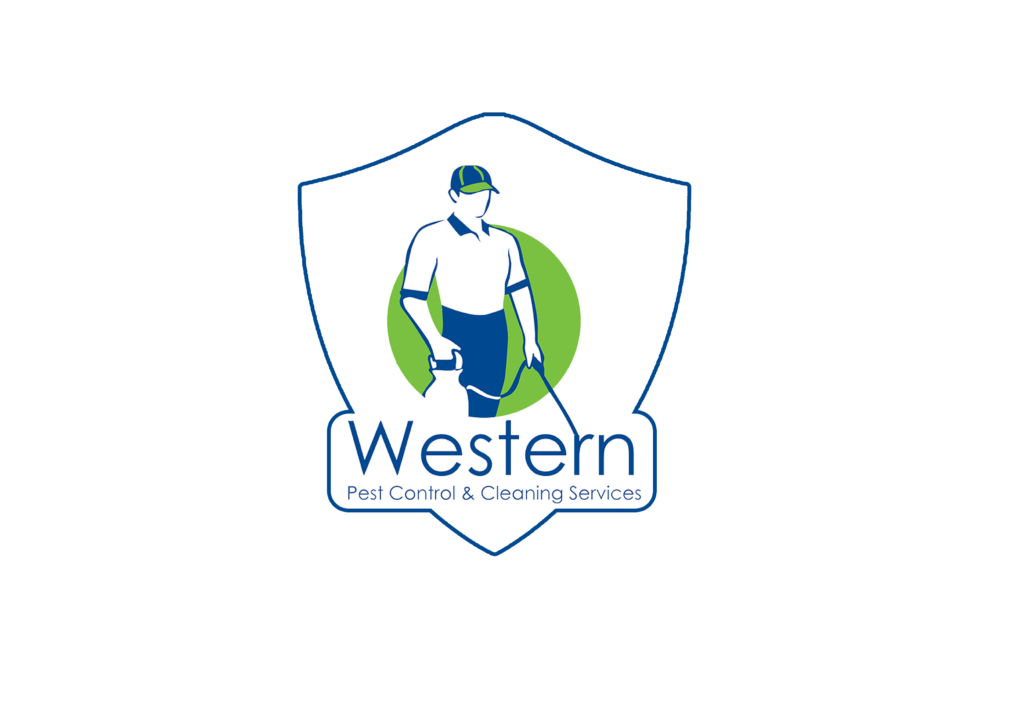From residential properties to commercial spaces, pest infestations are an unfortunate reality that can cause significant damage, financial loss, and health hazards. Traditional pest control methods often focus on reactive measures that involve the use of harmful chemicals, posing potential risks to humans, pets, and the environment. In contrast, integrated pest management (IPM) is an innovative and proactive approach that addresses the root causes of pest issues and offers long-term solutions.
Integrated pest management is a holistic approach that combines multiple strategies to prevent, manage, and control pests while minimising the use of toxic chemicals. The central tenet of IPM is prevention. By eliminating factors that attract pests, such as food sources, water, and shelter, homeowners and businesses can reduce the likelihood of infestations and maintain a healthy environment. IPM strategies also emphasise regular pest monitoring, identifying any potential issues before they escalate, and implementing targeted, environmentally conscious pest control methods when necessary.
For homeowners and businesses, adopting IPM strategies can lead to numerous benefits. Firstly, the proactive nature of IPM minimises the need for harmful chemicals, creating a safer and healthier environment for residents, customers, and employees. This is especially important for highly sensitive environments like schools, hospitals, and food processing facilities, where chemical exposure must be kept to a minimum. Secondly, IPM practices can save money in the long run by reducing the need for frequent, costly extermination services and repairing damage caused by pests. Finally, IPM contributes to a more sustainable, eco-friendly approach to pest management, helping to protect our environment and support global efforts towards conservation and biodiversity.
In the following blog post, we will delve into the principles and techniques of integrated pest management and provide practical tips to help homeowners and businesses effectively prevent and manage pests. By understanding and implementing IPM practices, you can create a pest-free space that is safe, healthy, and environmentally friendly. At Western Pest Control, we are committed to providing pest management and cleaning services that align with IPM principles, offering long-term solutions to our valued clients.
Understanding the Principles of Integrated Pest Management (IPM)
There are four essential principles to consider when implementing IPM practices in both residential and commercial settings:
- Preventative Measures: Proactively reduce the factors that attract pests, such as water, food, and shelter. This involves proper sanitation, thorough cleaning, and regular maintenance to minimise pest-friendly conditions.
- Monitoring and Inspection: Regularly monitor and inspect spaces for signs of pest activity, allowing for early identification and intervention before infestations escalate.
- Targeted Pest Control: Use environmentally friendly and targeted pest control methods, specifically focusing on the pests identified rather than relying on broad-spectrum chemical treatments.
- Evaluation and Adaptation: Continually evaluate the effectiveness of IPM measures and adapt the strategies based on monitoring results, ensuring long-term, sustainable pest control.
By adhering to these principles, IPM practices can effectively manage and prevent pest infestations while reducing the reliance on harmful chemicals.
IPM Techniques for Homeowners
To put IPM into practice in a residential setting, homeowners can adopt the following strategies:
- Sealing Entry Points: Regularly inspect your home for any gaps or cracks that may serve as entry points for pests. Seal these openings with caulk, weather stripping, or other appropriate materials.
- Proper Food Storage: Store food in sealed containers to prevent pests from accessing it. Ensure that your cooking areas and dining spaces are cleaned thoroughly, wiping down surfaces and removing any crumbs or spills.
- Waste Management: Dispose of rubbish regularly and keep bins clean and tightly sealed. Avoid letting waste accumulate, as it can attract pests.
- Elimination of Water Sources: Repair any leaks and remove any standing water around your property, as pests often seek out sources of moisture.
- Natural Deterrents: Use natural pest deterrents, such as peppermint oil, citronella, or neem oil, instead of chemical pesticides. These alternatives can still provide effective pest control while protecting human and environmental health.
IPM Techniques for Businesses
Many of the IPM strategies applicable to homeowners can also be adapted for commercial spaces. However, businesses have unique concerns and requirements when it comes to pest management. Industries such as food processing, hospitality, and healthcare demand higher standards of sanitation and pest prevention. Businesses can adopt the following measures to implement IPM practices:
- Staff Training: Educate employees on IPM principles and develop protocols for maintaining clean, pest-free premises. Empower staff to identify potential pest issues and take appropriate action.
- Landscaping and Maintenance: Regularly maintain the exterior of your property, ensuring that plants and shrubbery are trimmed and cleared away from building walls. Remove any debris that could provide shelter for pests and maintain proper drainage to avoid water pooling.
- Facility Upkeep: Schedule routine maintenance checks for HVAC systems, plumbing, and structural components of the building. Repair any damages or potential entry points for pests promptly.
- Waste Management: Carry out efficient and regular waste disposal in accordance with industry regulations. Ensure that waste storage areas are well-maintained and secure, preventing pests from accessing surplus food or rubbish.
- Professional IPM Services: Engage a professional pest control service that specialises in IPM practices to develop a proactive and targeted pest management plan for your business.
The Role of Professional IPM Services
While homeowners and businesses can implement many IPM practices independently, engaging a professional service can provide invaluable expertise and access to advanced pest control methods. A professional IPM service can conduct thorough inspections, offer targeted treatments for specific pests, and provide ongoing support and monitoring to ensure long-term pest prevention. By partnering with a pest control service that prioritises IPM principles, homeowners and businesses can ensure the safety of their occupants and contribute to a more sustainable approach to pest management.
Conclusion:
Integrated pest management offers a proactive, eco-friendly alternative to traditional pest control methods. By embracing preventative measures, regular monitoring, targeted pest control, and ongoing evaluation, IPM practices can create healthier, more sustainable living and working environments. Homeowners and businesses can implement many of these strategies independently, but partnering with a professional IPM service can provide invaluable expertise and support in maintaining a pest-free property.
At Western Pest Control, we are committed to providing IPM-based pest management and cleaning services tailored to the unique needs of our clients. We understand that pests can be a nuisance, but they can also pose health risks and cause damage to your property. That’s why we use tested and proven products and techniques that are guaranteed to get rid of pests for good. We care about you and your surroundings, and it’s our responsibility to develop the best solutions to protect your abode from pests.
With our ultra-modern technology, we can build a fence that prevents pests from entering your space. Whether it’s bed bugs, rodents, cockroaches, ants, or any other kind of pest, we promise to destroy them in the most effective way possible. Contact us today to schedule a consultation for pest control services in Abu Dhabi.

